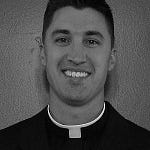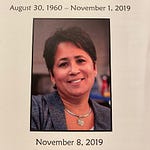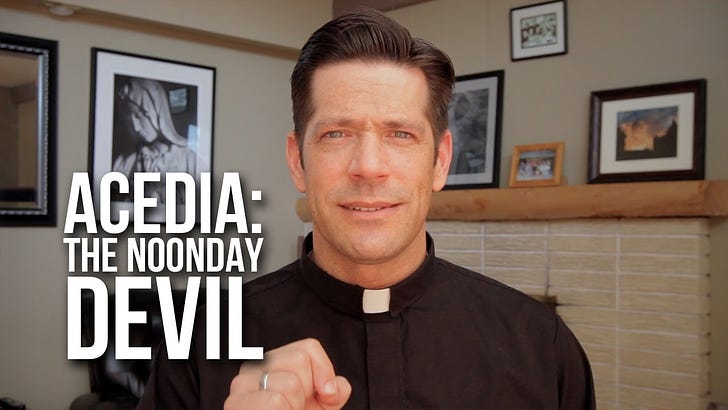Fr. Burke Masters is one of the leaders of a healing ministry in the Diocese of Joliet. His hope is to create opportunities for people to experience God’s mercy and healing love, which is usually tied to forgiveness, where people are able to not only forgive themselves but others. This allows the Holy Spirit to move in our lives, paving the path to the freedom of being whole.
Healing is an important part of our journeys in life, and it plays a part in being missionary disciples. Click on the audio above to listen to a short audio segment as Fr. Burke talks about the importance of opening yourself to receive God’s graces through healing.
He recommends you read two books on the subject of healing to learn more. Here are links to each:
Unbound by Neal Lozano and Be Healed by Dr. Bob Schucts.
This is part one of a two-part series on healing and missionary discipleship. The next issue of the newsletter will have part two.
++++++++++++
“Here it is worth reflecting on the problem of pride. We are all born with a deep wound, experienced as a lack of being. We seek to compensate by constructing a self different from our real self. This artificial self requires large amounts of energy to maintain it; being fragile, it needs protecting. Woe to anyone who contradicts it, threatens it, questions it, or inhibits its expansion. When the Gospel says we must ‘die to ourselves,’ it means this artificial ego, this constructed self, must die, so that the real self given us by God can emerge.”
— From Fr. Jacque Philippe’s book, Interior Freedom
+++++++++++++
Question: What is the “wholeness” God wants to restore in us?
Dr. Schuchts: Wholeness is becoming who God called us to be, what He had in mind in creation and redemption. To be restored to physical, emotional, and spiritual health. Jesus and Mary are the models for our wholeness. Wholeness comes from growing in communion with God.
Wholeness is best expressed in this passage in the Bible: “May the God of peace himself make you perfectly holy and may you entirely, spirit, soul, and body, be preserved blameless for the coming of our Lord Jesus Christ.” (1 Th. 5:23)
— From an interview with Dr. Schuchts in the National Review
++++++++++++++++++++
[Dr. Schuchts] contrasts the Tree of Life (an image for our life in Christ) with the Tree of Knowledge of Good and Evil (an image for our life of sin). Drawing from Ephesians, he describes a process of security / maturity / purity as we grow from the roots to the trunk to the fruits. By contrast, our life of sin sprouts up from the roots of insecurity, grows in immaturity, and bears the rotten fruits of impurity. The unhealthy growth comes in the form of one or more of the seven deadly sins. The rotten fruit that emerges are the sins that priests typically hear people confessing – over and over and over again. Perhaps it’s gossip and jealousy, perhaps fault-finding and outbursts of anger, perhaps pornography and masturbation, perhaps overindulging in food and drink.
Those poor penitents sincerely desire to stop their sins. And without a doubt, they are forgiven every time. But they are likely to keep repeating the same sins until they can go down to the roots. There Bob describes the “seven deadly wounds” of abandonment, fear, powerlessness, hopelessness, confusion, rejection, and shame. We experience these wounds during the most painful moments of our life. It is within those deep human wounds that the evil one eagerly attempts to sow his lies: you are all alone, you will never figure it out, you will always mess it up, no one would ever want to love you… We can carry these lies within our hearts for many, many years.
Healing at the roots of our sins includes allowing Jesus to enter in and cast out the lies about ourselves and about God. Even more important than renouncing the lies, it means positively allowing the love and truth of Jesus to be proclaimed and embraced and integrated. It is one thing to believe a truth intellectually, but another for it to sprout and grow and bear fruit.
—From a blog posting by Fr. Derek Sakowski
+++++++++++

—From a webinar by Dr. Schuchts









Share this post